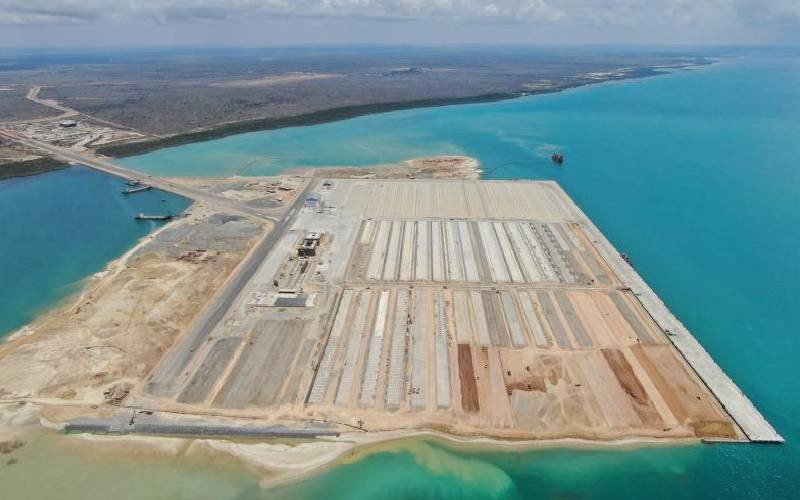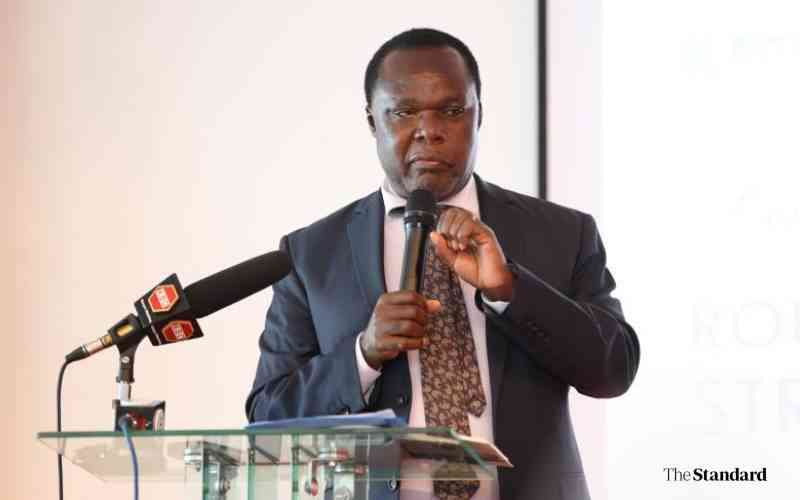
Public-private partnership denotes a long-term arrangement between government and private sector institutions. Usually, it entails the private sector financing government projects upfront, and then drawing revenues from users and taxpayers as the case may be, depending on the contract that will have been signed between the private entity and the government. These kind of arrangements have been undertaken by multiple countries across the world, and Kenya is not an exception.
The public-private partnership arrangement is primarily adopted for purposes of developing infrastructure projects such as building and maintaining of hospitals, transport systems, energy sector projects, and water and sewerage systems.







